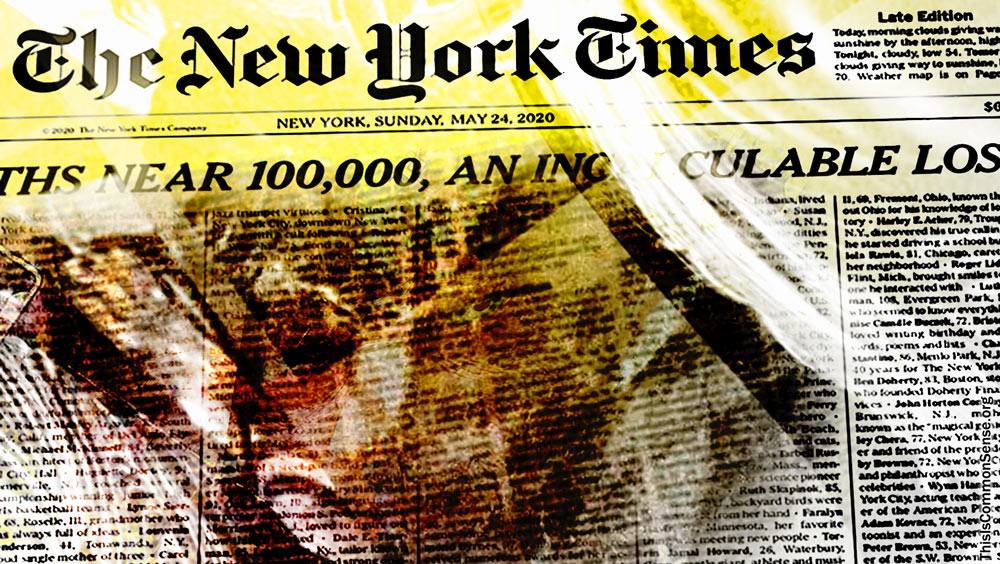“My boss got fired for running an op-ed by a sitting U.S. senator,” says Bari Weiss, former opinion editor for The New York Times, in a recent TV interview.
Cotton argued for sending troops to quell rioters who “have plunged many American cities into anarchy.” Unnerved by furious criticism not only of the op-ed but of the paper’s temerity in publishing it, The Times now prefaces Cotton’s piece with an abject and silly apology.
In her public letter of resignation, Weiss reports being hired in 2016 “with the goal of bringing in voices that would not otherwise appear in your pages: first-time writers, centrists, conservatives.…”
By the time she quit, “intellectual curiosity — let alone risk-taking” had become “a liability at The Times.… If a piece is perceived as likely to inspire backlash internally or on social media, the editor or writer avoids pitching it.… Rule One: Speak your mind at your own peril.”
Weiss says the country is becoming “retribalized,” with politics amounting to undebatable religious dogma, revelation rather than ratiocination. The sort of government that becomes possible when politics is a religion is total government. Totalitarianism.
Old-timers like me can recall a Times editorial page that featured plenty of horrific opinions (not very diligently vetted, one suspects) but that also had room for the William Safires of the day.
Does the current dread of reasoned debate at The New York Times represents a mere temporary spasm of appeasement?
The signs (of the Times) aren’t good.
This is Common Sense. I’m Paul Jacob.
See all recent commentary
(simplified and organized)
See recent popular posts
